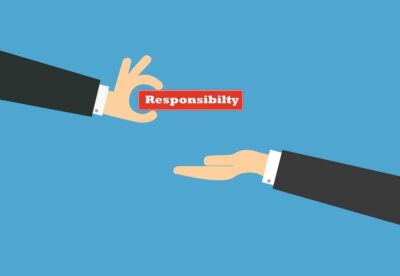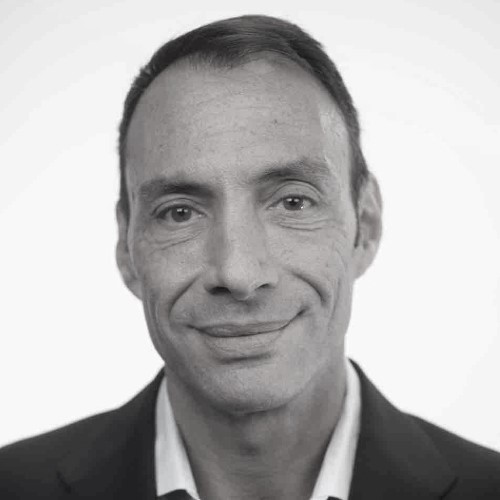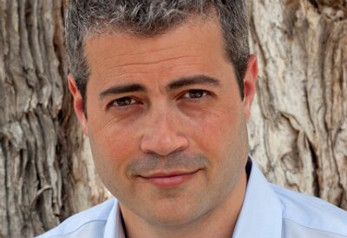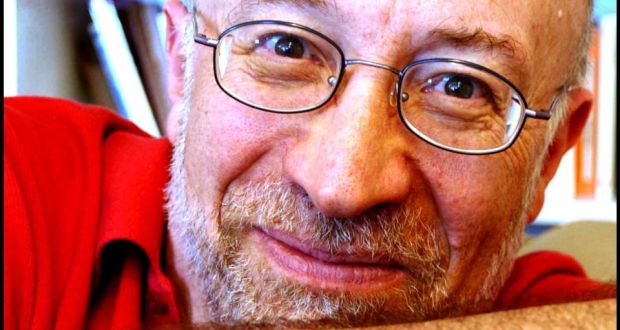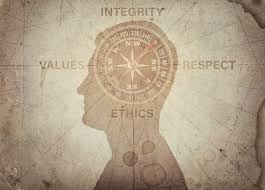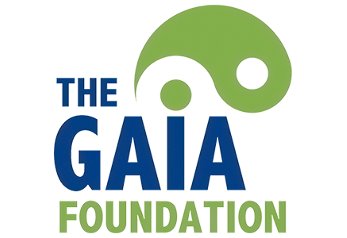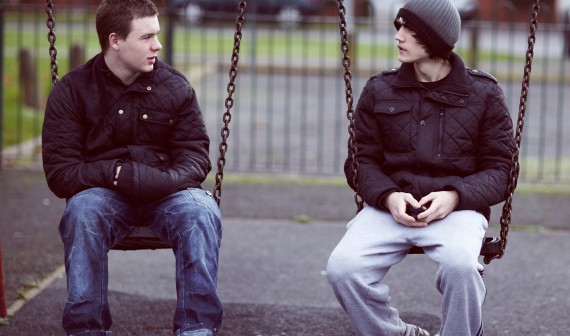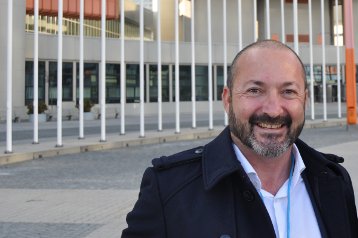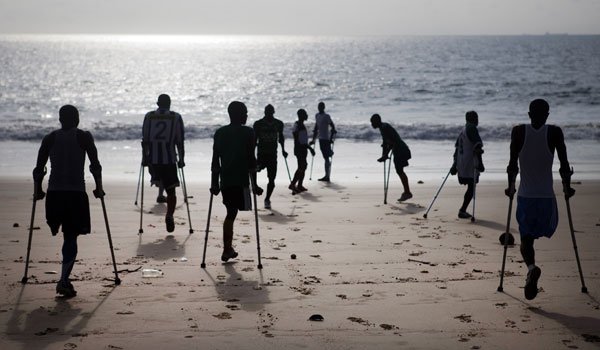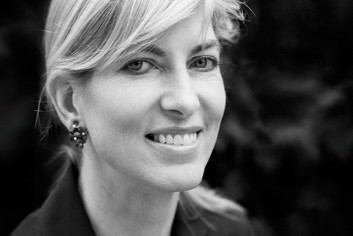OLBIOS INTERVIEW / CARL LIEDERMAN
OLBIOS: How would you describe the collective experience of the crisis in the UK and what has struck you the most about it?
Carl Liederman: A few things have surprised me about this collective mindset. There has clearly been a collective experience throughout this crisis, however it is dependent primarily on community and country. As for the UK, I would argue that what started as a shared collective experience is now transforming as a siloed collective experience respective to subgroups. The fear of contagion and death is the one collective experience, but that experience differs dramatically depending on your age, status, profession, and personal situation.
Students are grieving collectively about graduation into a recession, families with young children are struggling to juggle work, school and play collectively. NHS workers and front-line workers are bearing the brunt of the outbreak fighting a war collectively, gig workers and zero-hour contract workers and anyone who works paycheck-to-paycheck is suffering collectively.
Clearly, these experiences are significantly different based on drastically diverging priorities and there really is no way to quantify our grievances into a collective mindset given that it is based on our individual experiences at the time.
That being said, there are certain collective forces. In the UK, there is collective support of the NHS, which translates into a more collective appreciation for essential workers and healthcare professionals. I think now it is quite clear that the many random acts of kindness we experience each day and the appreciation we have and express for those most overlooked (the delivery person/the post person), and the ones who keep us healthy and fight for our future (the nurses and doctors) are enforced by our collective grievances.
My hope is that their pay after this crisis will be commensurate to the role they play. The fact is that the most essential workers are those least valued financially. That must change.
However, there are a number of individuals who diverge from this collective appreciation and instead adopt a more selfish attitude.Right now, the attitude is “we’re all in this together so let’s work together to ensure our safety”. These precautions are so important as they protect all of us, and if just one individual goes against these precautions, there is potential for widespread infection.
The number of Covidiots out there – people who flaunt the rules with gusto and continue to think in terms of “me first” – is staggering and a perfect embodiment of the impact an individual has in spreading dangerous theories and putting others at risk.
This culminates into another vital collective experience. With the impact we have seen through government negligence and Covidiots, there is a clear sense of the power of the individual. I think now, more than ever, people are starting to realize that their own actions make a difference.
The fact that leaders do matter, governments do matter,laws do matter, facts do matter, science does matter, factual reporting does matter, votes do matter. Never before have we seen such different results across so many different governments. Although we may be experiencing drastically different grievances and priorities, I think the collective mindset is in full force when we realize the power of the individual, to do both help or harm.
O: On a social level, has this crisis been an eye-opener and an opportunity for important insights and significant changes and lessons to be learned in many domains? Could you give one or more examples?
C.L. As I briefly discussed previously, the biggest eye opener for me is that individual actions matter the most in this crisis. The decisions we make on a daily basis can mean life or death for us personally and for the people around us. I wear a mask and sanitize my hands to protect myself, but also to protect you from potential infection. The government can test and trace, but we are the ones who decide whether to isolate or not, to wear masks or not, to travel or not, to respect the rules or not.
I think this mindset changed when we discovered that asymptomatic carriers are responsible for a majority of infections, reinforcing this attitude that even though you may not be in danger you have the potential of unknowingly infecting a more vulnerable person. Individual actions will determine the arc of this crisis and the length of this crisis.
We no longer have the excuse that individual actions do not impact the others around us. In short, for the first time in my life, the power of individual action is clear and evident. This gives me hope that people will realize that their actions have significant impact on others, and hopefully will translate to other sectors of thought, especially on the fallacy of irrelevance of individual votes and the fallacy that our actions are only a “drop in the ocean” when it comes to the climate crisis.
On a related note, I find it fascinating how there is no tolerance for hypocrisy anymore. Those companies that claim to support their employees, but do not supply any protective gear of any sort are indicative of this mindset that people are expendable, but profits are essential.
I think this more evident in the US. Take for example Elon Musk’s ultimatum to his workers: either come into work and disregard state precautions or lose your job. Many people rely on these jobs for a consistent flow of income to survive, so staying at home and staying safe is simply not an option.
In the UK we’ve seen Richard Branson’s carefully crafted and scripted public image crumble as he demands government bailouts despite his companies being based in offshore tax havens. So, if you claim to be a philanthropist and do not pay your non-declared cleaner, then you’re a hypocrite. If you ask for government aid but you base yourself and your companies in tax havens, you’re a hypocrite. That’s become quite evident and is no longer tolerated.
The other eye opener is that capitalists and conservatives in the UK are acting like socialists and globalists like Germany are acting like nationalists. In the UK we’ve seen pushes for nationalising wages, however Germany has enforced preliminary export restrictions and refusal to send medical supplies to Italy, and even German constitutional court’s decision to disregard the ECB’s quantitative easing measures. It seems like the inefficient threads that construct bureaucracy are beginning to reveal their weakness.
O: Tell us about your work and if you think it has or is likely to become more complex or even more relevant after the crisis.
C.L. My work has primarily focused on working harder to find profitable solutions to the most challenging societal and environmental challenges. For years now, I’ve been banging the drum that impact investing is not concessionary.
Rather, we can find profitable ways to address society’s most pressing environmental and societal challenges. In short, there is a false dichotomy between tree huggers and job creators. The fact is that tree huggers can be job creators and vice versa!
So now my worry is that with all the articles on the beneficial impact the coronavirus has had on the environment, will this help or harm support for impact investing? My worry is that the “non-believers” will basically say, “see, the tree huggers don’t care about you or your livelihood or your way of life, they just want to save the planet”. I’m also worried that governments will start to relax environmental laws to say we need to get back to work first rather than focus on the wellbeing of our planet.
This has already happened in the US as Trump has rolled back over 80 environmental regulations that protect air, water, land and public health from hazards of climate change. This is most likely due to his focus on bolstering the economy, but this is only a short-term solution to a long-term problem. The main question we have to ask ourselves is how do we re-shift the narrative, now that a clean planet is equated with an economic shutdown and total economic collapse?
O: On a personal level, has this crisis changed your focus on what really matters and on future plans and courses of action?
C.L. It has not changed my focus, but it has certainly accelerated the time in which we need to act. Climate change needs to quickly accelerate transition to renewable energy, especially amidst the collapse of oil which has kick-started a focus on finding alternate solutions. We also have to act on the future of work especially for the future of this rising generation of 20-30-year olds.
Now with everything being online and people finally realizing which sectors/positions are expendable, there has been a devastating destruction within the service and retail sectors. We need to find new ways to support this generation by finding new opportunities in evolving sectors amidst the crisis.
This also contributes – and will continue to contribute – to higher rates of inequality and gaps between the middle class and the poor. I think the most important steps are defining the role of governments and private corporations to develop a new form of inclusive capitalism.
We need to put more emphasis on developing solutions for public health, human rights, universal income, refugee and asylum laws, and reinforcing truth and justice for all. If we wait too long, I think there will be dire consequences for this generation and ones to come.
Carl L. Liederman is Founder and CEO at Liedership
